- Category
- War in Ukraine
NATO Strengthens Long-Term Assistance For Ukraine With NSATU
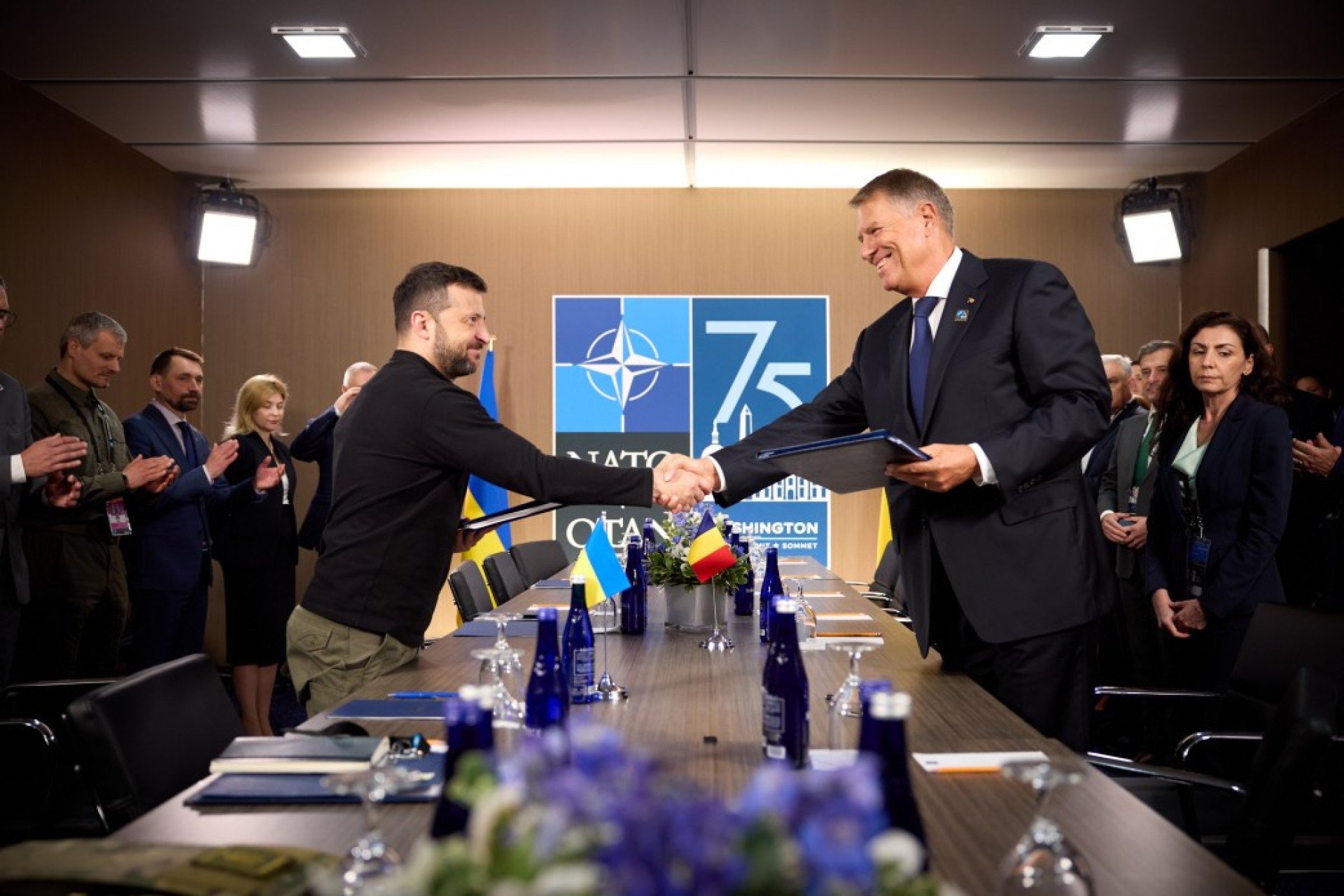
NATO has taken major decisions to further strengthen its support for Ukraine through training, long-term development of Ukraine’s armed forces, coordination of donations, and management of the transfer and repair of equipment. What is the new programme, and what assistance will it provide to Ukraine?
The new program, “NATO Security Assistance and Training for Ukraine” (NSATU), was announced at the summit in Washington on July 11th. There was no direct invitation for Ukraine to join NATO at the summit, but NATO attested that the country is on an "irreversible path to full Euro-Atlantic integration.”
NSATU will consist of around 700 personnel from NATO allies. Its headquarters will be based in Wiesbaden, Germany, with key logistical hubs in the alliance’s eastern flank. NSATU has been in production for several months and is expected to launch within the next few weeks.
“This will not make NATO a party to the conflict, but it will support Ukraine to uphold its right to self-defense,” Jens Stoltenberg said. Using NATO structures, NSATU will provide more “predictability for Kyiv and address both immediate and longer-term needs.”
NSATU will have three main focus areas:
Overseeing the training of Ukrainian Armed Forces at training facilities in Allied countries;
Providing support to the long-term development of Ukraine’s Armed Forces;
Supporting Ukraine through planning, coordinating donations with Allies and partners, transferring security assistance material, and repairing equipment.
NATO Allies have pledged to continue to support Ukraine long-term, with military equipment, assistance, and training. They announced that Allies intend to provide a minimum €40 billion for 2024.
That’s a wrap!
— NATO (@NATO) July 12, 2024
NATO Leaders concluded a successful three-day summit in 🇺🇸 Washington, where they took major decisions to:
🇺🇦 Increase support to Ukraine
🛡️ Keep our people safe
🤝 Deepen global partnerships#NATOSummit pic.twitter.com/IKoEMsoDdT
They also reaffirmed the continuation of Ukraine’s integration with NATO and cooperation in other areas, such as:
Development of interoperability between partners, making use of NATO planning and tools.
Bringing Ukraine’s defense in line with Euro-Atlantic best practices.
Establishing the new “Joint Analysis, Training, and Education Centre” (JATEC) in Poland.
Launching new joint activities to support Ukraine’s self-defense through the first “NATO-Ukraine Innovation Cooperation Roadmap.”
Continuing to supply Ukraine with urgently needed non-lethal weapons and supplies through their “Comprehensive Assistance Package” (CAP) scheme.
Their commitments and the decisions taken at the NATO Summit will provide for sustained and enduring support for Ukraine. NATO Allies “welcome the bilateral long-term security commitments Allies and partners have agreed with Ukraine.”
The Heads of State and Government of the NATO-Ukraine Council commended the “bravery and the determination of the Ukrainian people” and condemned those facilitating Russia’s war against Ukraine.
NATO Allies’ said that they “solemnly pay tribute to the lives lost, and deplore the human suffering and destruction caused by Russia’s illegal, unjustifiable, and unprovoked war of aggression.’
-46f6afa2f66d31ff3df8ea1a8f5524ec.jpg)
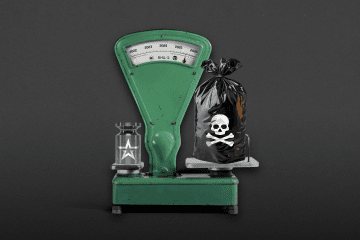
-29a1a43aba23f9bb779a1ac8b98d2121.jpeg)
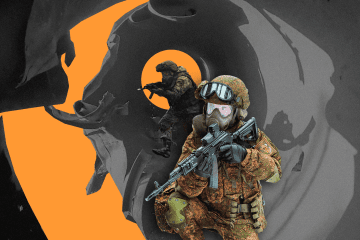
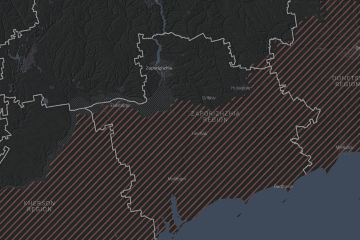
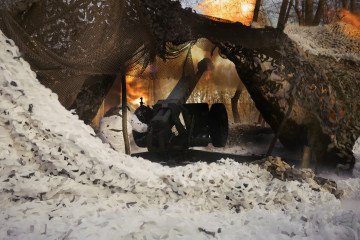
-0666d38c3abb51dc66be9ab82b971e20.jpg)